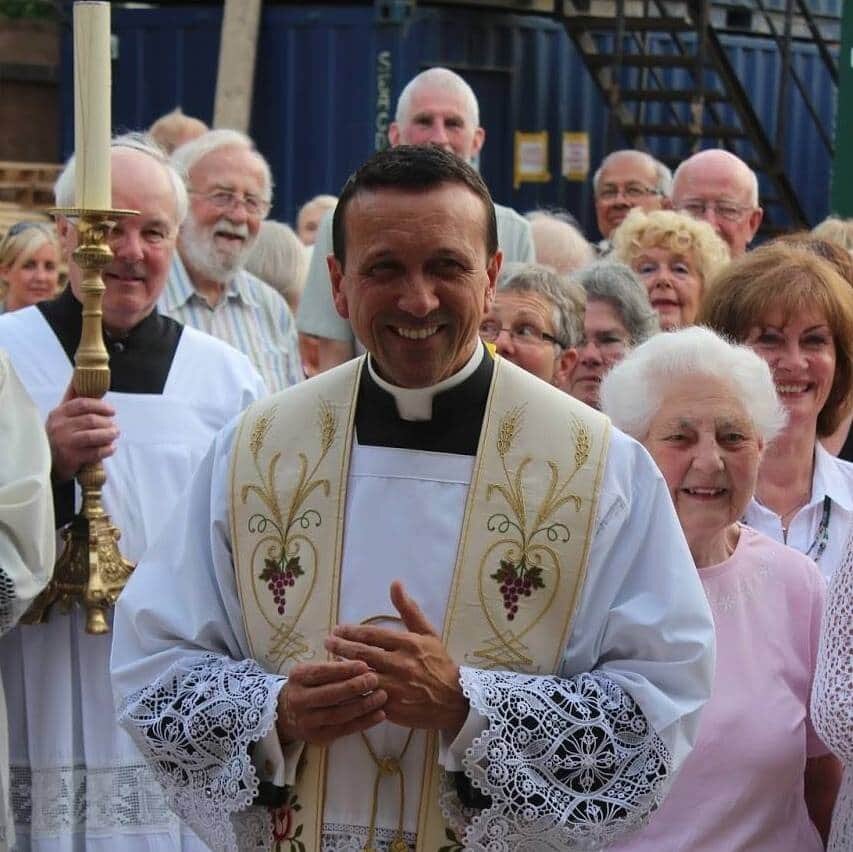There are three basic requirements for a valid Catholic wedding:
The couple must be capable of being married—that is, they must be a woman and a man who are free of any impediment that would prevent marriage.
The couple must give their consent to be married — that is, by an act of their will they irrevocably give and accept one another in order to establish marriage (Canon 1057).
They must follow the canonical form for marriage—that is, they must be married according to the laws of the Church so that the Church and the wider community will be certain about the validity of their marriage. Failing to follow these requirements would mean that we are not free to receive the Sacraments until the marriage is convalidated i.e. made valid by the church.
Impediments to marriage
First, both people must be capable of being married and free of any impediment (obstacle) that would prevent marriage. Some impediments to marriage include:
Age: Both persons need to be old enough to contract marriage according to the local civil laws. (The Church has a minimum age requirement as well; see Canon 1083.)
Previous marriage: You cannot marry someone else if you are already married.
Relatives: You cannot marry someone who is already your relative (Canons 1091-1094).
Reason: Anyone who is incapable of understanding what marriage is and the responsibilities that come with it (because of mental impairment, for instance) cannot enter marriage (Canon 1095).
Fear: No one can be forced into marriage, either directly or because of some "grave fear" (Canon 1103).
